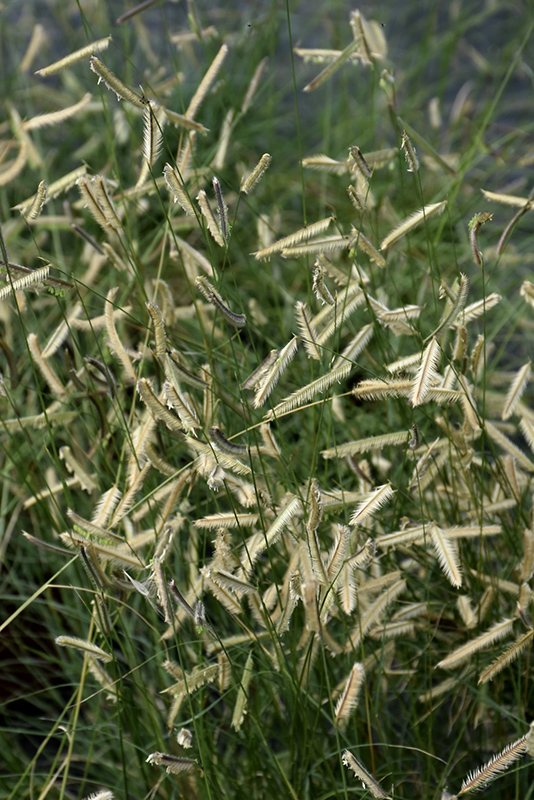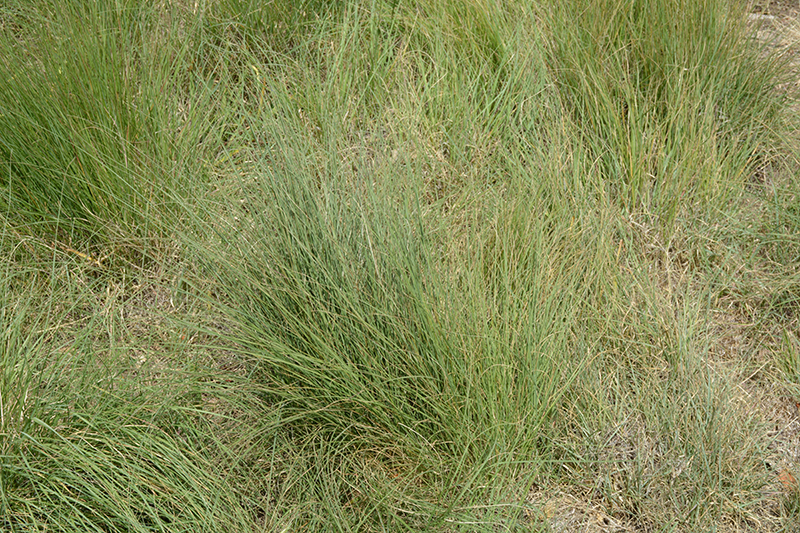Plant Height: 15 inches
Flower Height: 20 inches
Spread: 24 inches
Sunlight:
![]()
Hardiness Zone: 3a
Other Names: Mosquito Grass
Description:
A tufted, native grass producing horizontal, eyelash-like, reddish-purple flowers that give way to tan seed heads that persist through winter; blue-green foliage turns hues of golden brown in fall; use as a border accent or groundcover
Ornamental Features
Blue Grama features airy spikes of purple flowers with red overtones rising above the foliage from early to mid summer. Its attractive grassy leaves are bluish-green in color. As an added bonus, the foliage turns gorgeous shades of gold, brown and orange in the fall. The tan seed heads are carried on showy spikes displayed in abundance from late summer to mid winter.
Landscape Attributes
Blue Grama is an herbaceous perennial grass with tall flower stalks held atop a low mound of foliage. It brings an extremely fine and delicate texture to the garden composition and should be used to full effect.
This is a relatively low maintenance plant, and is best cleaned up in early spring before it resumes active growth for the season. It is a good choice for attracting birds to your yard. Gardeners should be aware of the following characteristic(s) that may warrant special consideration;
- Self-Seeding
Blue Grama is recommended for the following landscape applications;
- Mass Planting
- General Garden Use
- Groundcover
- Naturalizing And Woodland Gardens
Planting & Growing
Blue Grama will grow to be about 15 inches tall at maturity extending to 20 inches tall with the flowers, with a spread of 24 inches. It grows at a fast rate, and under ideal conditions can be expected to live for approximately 5 years. As an herbaceous perennial, this plant will usually die back to the crown each winter, and will regrow from the base each spring. Be careful not to disturb the crown in late winter when it may not be readily seen!
This plant should only be grown in full sunlight. It prefers to grow in average to dry locations, and dislikes excessive moisture. It is considered to be drought-tolerant, and thus makes an ideal choice for a low-water garden or xeriscape application. It is not particular as to soil pH, but grows best in poor soils. It is highly tolerant of urban pollution and will even thrive in inner city environments. This species is native to parts of North America.



